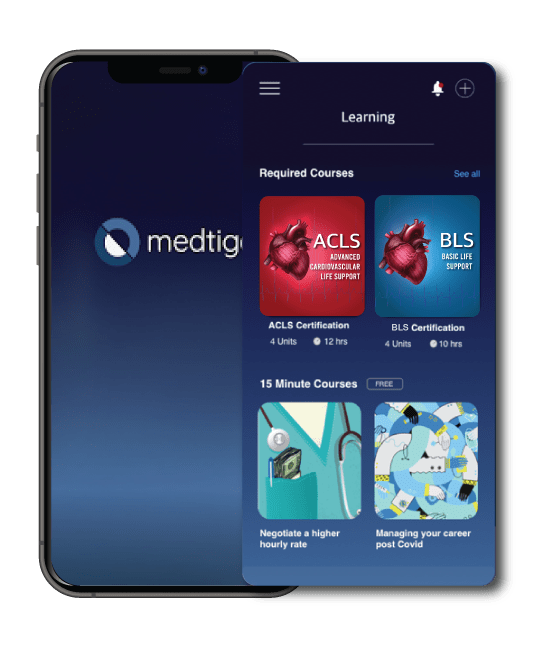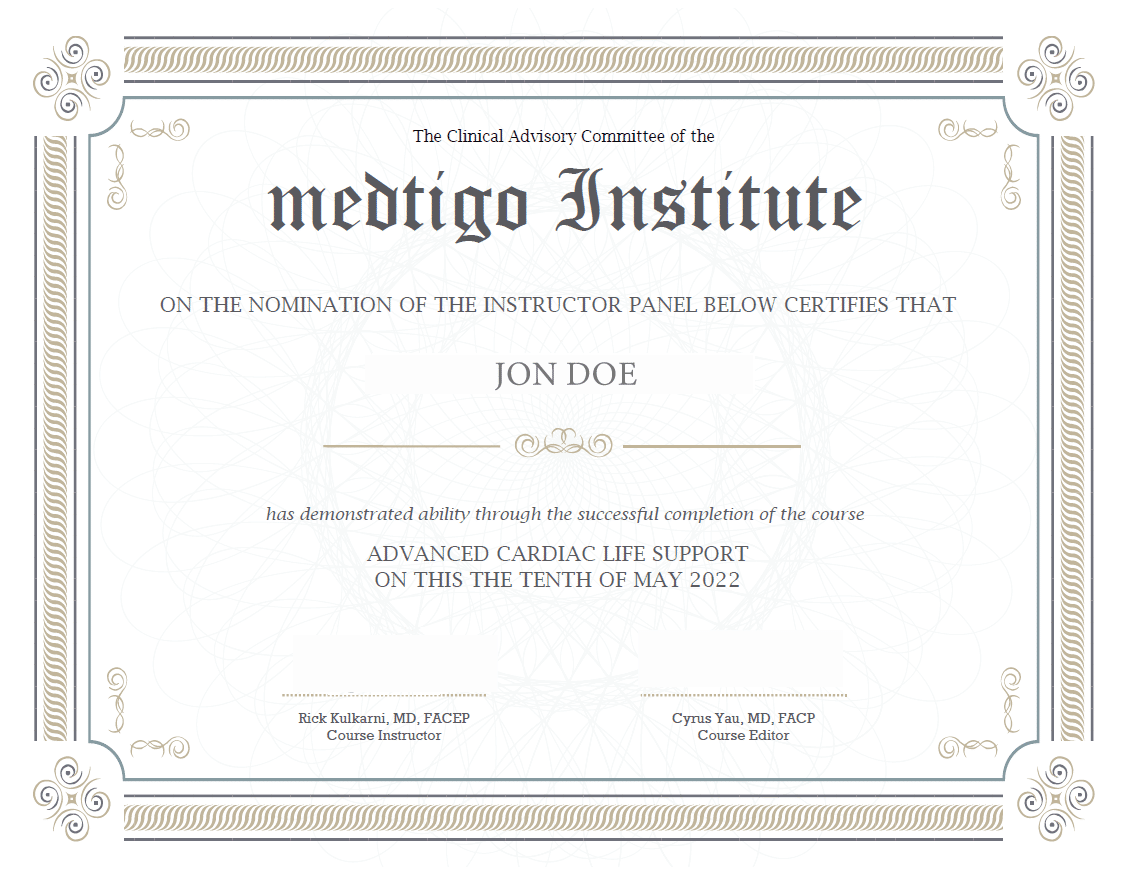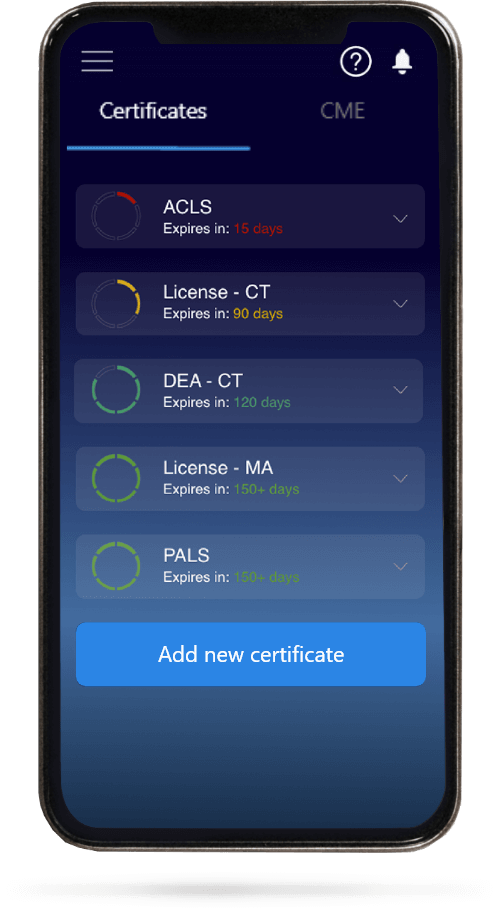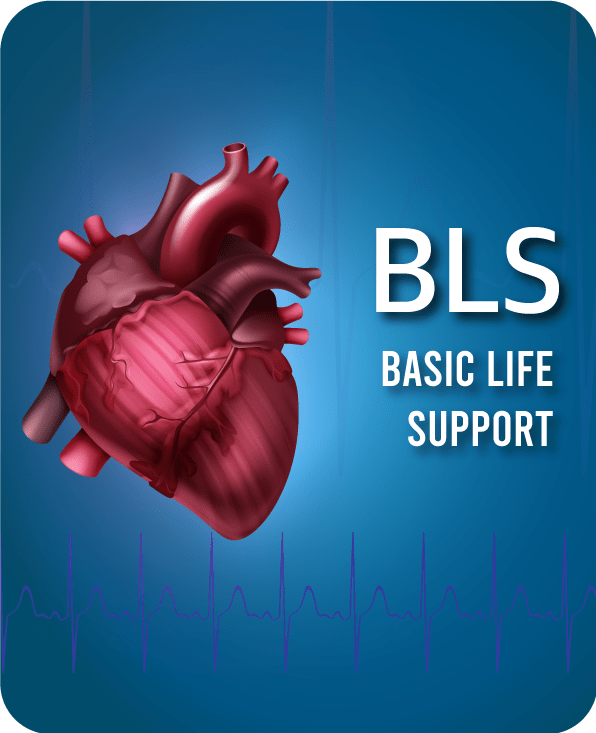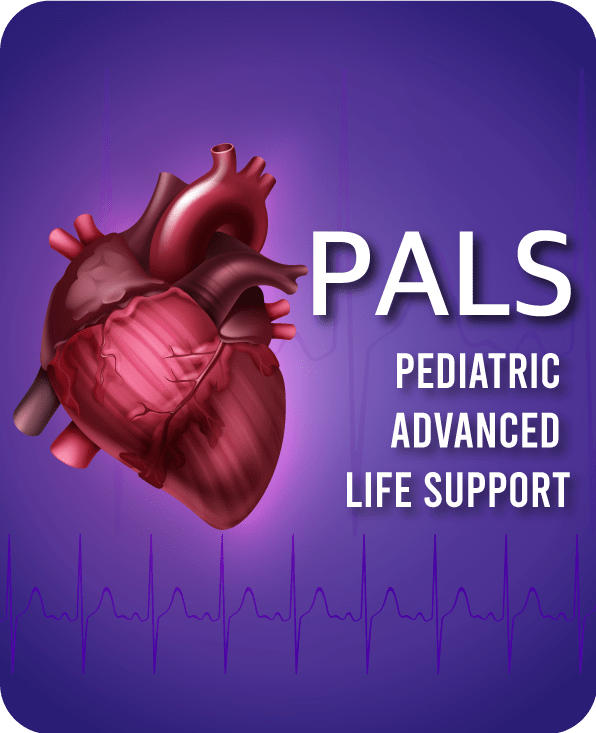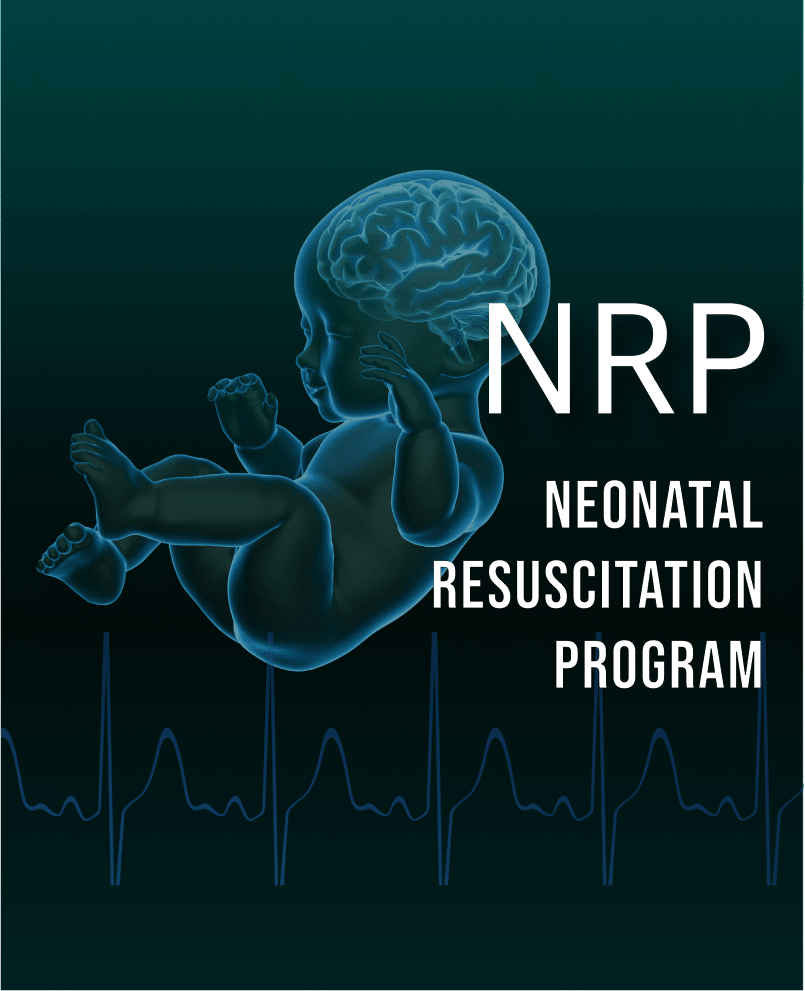According to a new study published in the journal Scientific Reports, small doses of creatine supplements might improve cognitive performance in people who are severely sleep-deprived.
Experts hope that these creatine-based interventions might help people who need to perform at a high level despite insufficient sleep, like healthcare professionals on an 18-hour shift, firefighters who work overnight and even people working an office job but are on a night shift.
Even though researchers are aware that more information is needed before they can advise professionals to prescribe creatine to enhance physical performance, its role in cognitive performance has captured attention.
Around 95% of the body’s creatine is stored in skeletal muscle but also in the brain. Sports scientists are interested in creatine because it helps the body regenerate adenosine triphosphate (ATP) — our cells’ primary energy source.
Previous research has shown promise in improving cognition among adults, especially those who are not able to consume nutritious food or have mild brain trauma.In this study, 15 participants were recruited and each attended the laboratory on 2 nights, separated by at least 5 days. They consumed a single high dose of creatine one night and took a placebo on the other.
Research shows that the brain does not take up creatine unless it feels stressed. They concluded this since the effect of the supplement on young people was tested, and no benefit was seen.
Sleep deprivation, however, puts the brain under duress, so the researchers kept the participants awake overnight and asked them to complete cognitive tasks. They carried out the tests at the start of the study — before taking the creatine or placebo — and at three other time points throughout the night.
They found that 3 hours after the dose of creatine, there were positive changes in brain metabolism, and cognitive performance improved. This beneficial effect peaked at 4 hours but lasted up to 9 hours. Researchers have speculated that a higher dose of creatine for a longer period of time is required to elevate brain creatine levels.
This study has also highlighted some safety measures required while taking the supplement. Researchers analyzed that taking more than 20g/per day is not beneficial and rather strains the kidney.
While people working on night shifts may benefit from creatine supplements one day, more evidence is required before this can be confirmed. Only if future studies show the same cognitive improvement effect at significantly lower doses (around 5 g) could creatine be considered for long work nights.
Researchers hope there may be ways to enhance the effect so that a lower dose would still be useful. The same or even better effect could also occur when creatinine is combined with other components. This could be the focus of further studies. Getting a consultation from a qualified professional is important before one takes any dietary supplements to ensure its safe and effective use.





